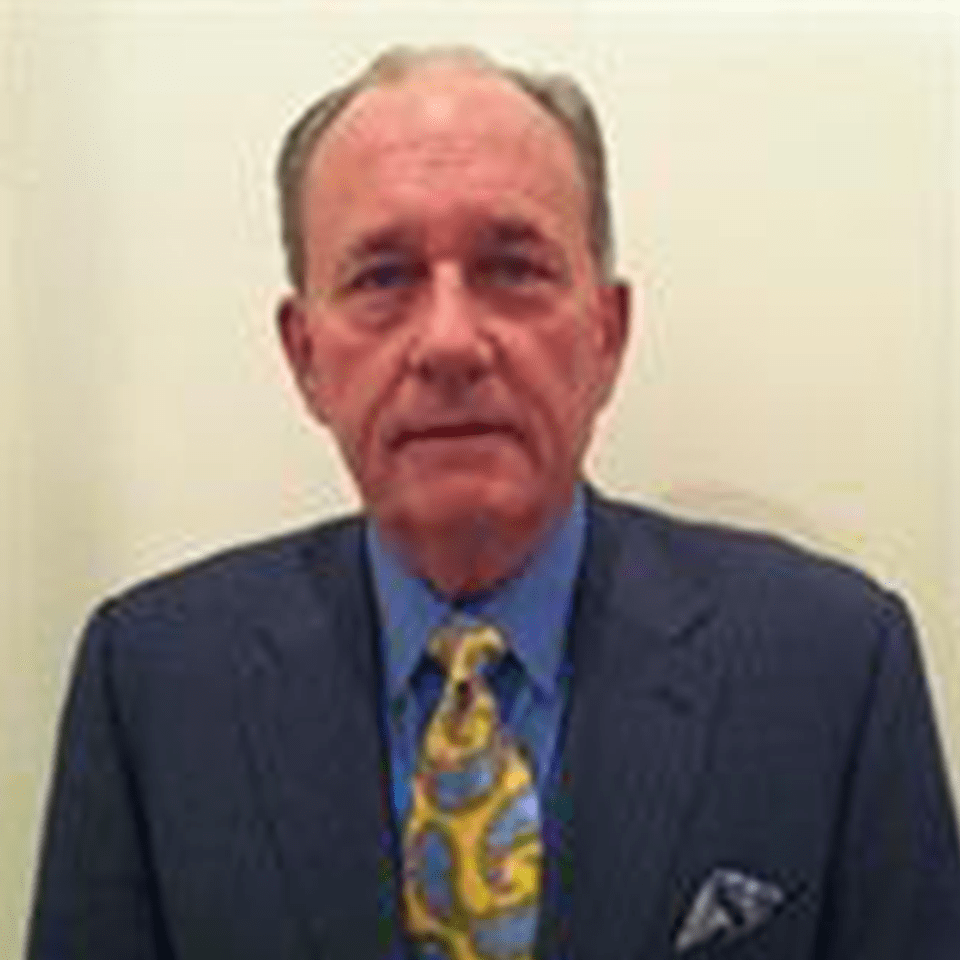About Us
Founded in 1999 by Cheryl Coors, COORS Leadership Capital is a retained, certified woman-owned small business specializing in consulting and executive search services tailored to the distinct needs of our clients. Our proven processes are designed to enhance executive leadership, physician alignment, communication, and organizational effectiveness.
COORS Leadership Capital exists to positively impact the evolving healthcare industry and academic institutions through value-based, transformational solutions delivered with a personal approach.
Representative Clients
Find a Recruiter
As a boutique firm, we are dedicated to providing a concierge level of service and delivering outstanding results. At COORS, our philosophy is based on building a long-term partnership with your organization that breeds mutual success. We provide our clients with a personal attention that is unmatched by larger firms; we are always readily available and easily accessible.
The COORS team of experts have proven track records in every dimension of healthcare including large systems, flagship medical centers, academic institutions, mid-sized and stand-alone systems and hospitals, and rural sole community providers.
Solutions And Expertise
Our clients include healthcare organizations and academic institutions nationwide. With a service-driven approach to our client’s needs, we understand the unique perspectives of these industries. We develop performance and operational strategies that foster improvements in service value and profitability.
Solutions
Industries
Functions
News Briefings
COORS Leadership Capital Appoints VP of Talent Strategy

Charlotte, NC-based COORS Leadership Capital has expanded with the addition of Kelly Kirk as vice president of talent strategy. “We are thrilled to announce the newest addition to our team, Kelly Kirk.,” the search firm said. “With an impressive track record of 20 years in executive management within the healthcare industry, Kelly brings a wealth of expertise
COORS Leadership Capital Seeks CFO for Northeast Montana Health Services

Given the speed at which market conditions, business strategies, and operational structures have changed in recent years, businesses are more aware than ever of the crucial role the chief financial officer plays in shaping and driving a company’s strategic direction. Charlotte, NC-based COORS Leadership Capital was recently selected by Northeast Montana Health Services to lead
COORS Leadership Recruits Chief Medical Officer for Mercy Catholic Medical Center

Over the past year, numerous healthcare organizations have turned to executive search firms to find chief medical officers. Recently, COORS Leadership placed Trina D. Abla as the new chief medical officer of Mercy Catholic Medical Center in Pennsylvania. Dr. Abla most recently was chief quality officer and associate CMO at Penn State Health St. Joseph in
Press Releases

Healthcare HROs Unlocked: Part 3
As a continuation of our Healthcare HROs Unlocked series we will begin to deep dive into specific aspects of High Reliability Organizations, specifically the Principle of Anticipation. In our November article, Healthcare HROs Unlocked: Part 2, Gillingham, Corbridge, Warner Shaub, and Hoffman identified three principles of anticipation: 1. Preoccupation with Failure and Its Cause, 2. Reluctance to Simplify

Healthcare HROs Unlocked: Part 2
As a continuation of Part 1 of our Healthcare HROs Unlocked series, we will begin to deep dive into specific aspects of High Reliability Organizations. In the study, Managing the Unexpected, Karl Weick and Kathleen Sutcliffe defined an HRO as an organization that functions in a complex and hazardous environment with a rate of mishap

Continued Relevance, Value and Complexity of Service Lines
The shift towards alternative payment models has illuminated the necessity for healthcare leaders to re-evaluate the strategic importance of clinical service lines. Across the industry, executives are asking similar questions: how should we align service lines to support shifts in site-of-care and advancement of goals, what is the optimal structure and how do we cultivate

Healthcare HROs Unlocked: Part 1
There have been many initiatives over the last several decades to improve an organization’s efficiency and effectiveness. Few have achieved actual results and even fewer have been tested in the most difficult situations. The United States Navy has lived and proven the results of HRO for the better part of 30 years. The Healthcare industry

How Artificial Intelligence May Help Diagnose Disease
One of the most potent weapons available to doctors and patients when fighting disease is time. When it comes to conditions like cancer, stroke, or diabetic retinopathy, the earlier they are diagnosed, the better the chances for successful treatment. New diagnostic tools incorporating artificial intelligence are currently being developed that may help doctors in different






















